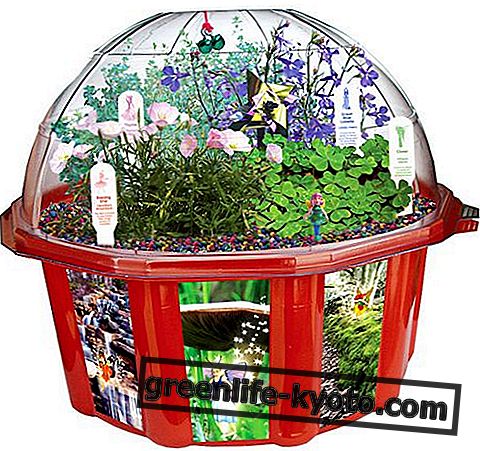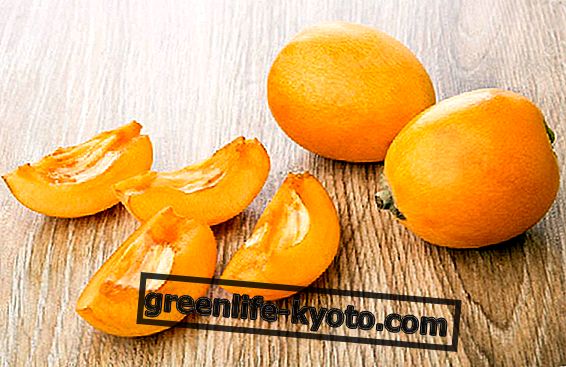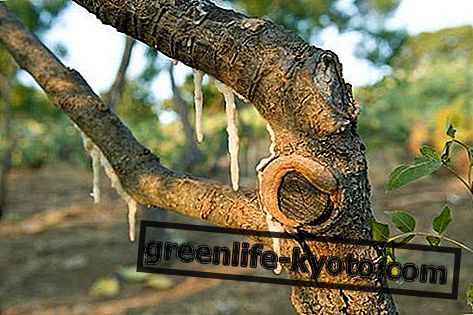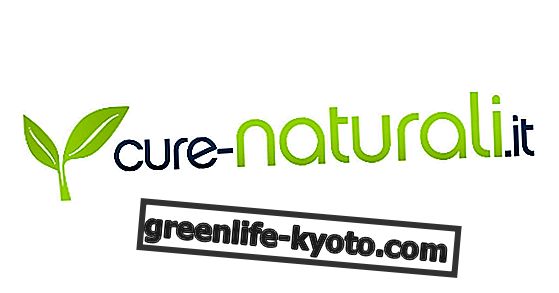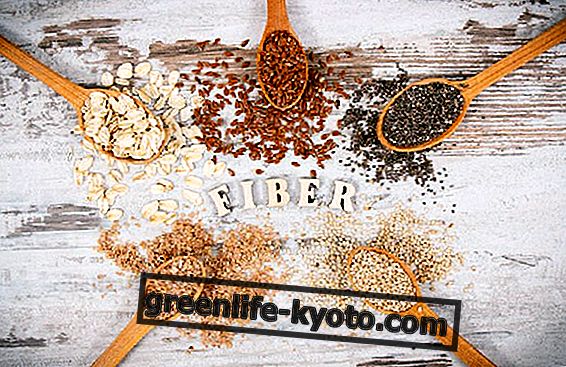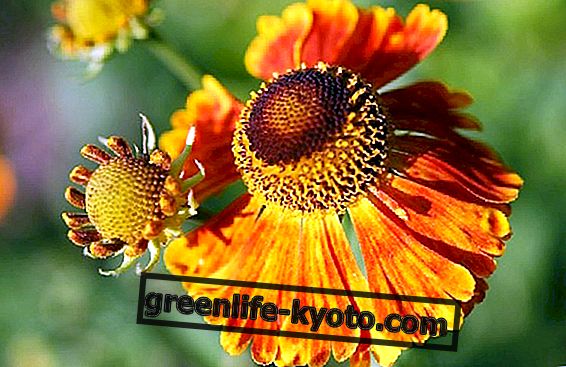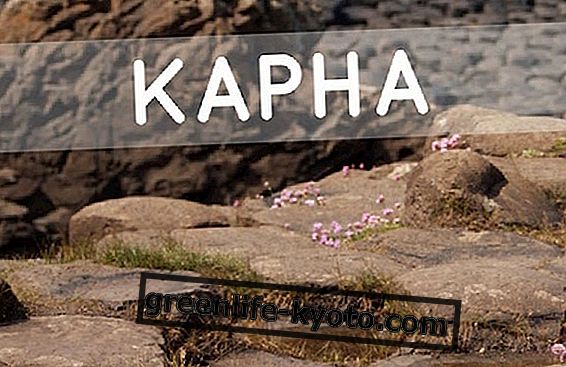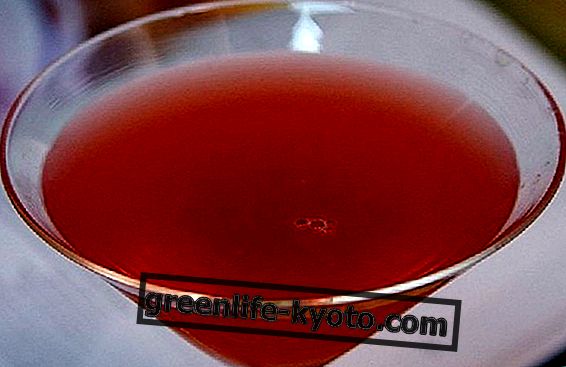Ecological fertilizers and natural fertilizers are used to increase and improve soil fertility without resorting to toxic or harmful substances. Let's find out better.
>

What is fertilization
In agriculture, the term fertilization means all the techniques that aim to improve soil fertility. This can happen, depending on the cases and specific needs, by intervening with various methods that can be traced back to three categories, each related to the characteristics with which the soil structure is classified and its fertility measured.
- Intervening on the texture of the soil: when a soil is unbalanced in one of its essential components (sand, clay, silt) it intervenes by increasing the missing component, in order to restore structure to the soil, improving its fertility. Fertilizers that act on the texture of the soil are called soil improvers.
- Intervening on the pH of the soil: when the level of acidity or basicity of a soil deviates too much from the fertility range of the plants to be cultivated, action is taken to correct the pH of the soil by making chemical substances, both natural and synthetic. Fertilizers that act on the soil pH are called corrective. An example of ecological correction is the ash, to make the ground more basic,
- Intervene on the soil humus level: when a soil is too poor in organic matter, it is added by adding fertilizers that can be of animal origin (letami) or vegetable (macerated).
Manure and compost
Fertilizers that fall into the category of fertilizers can therefore be of animal, vegetable and mixed origin . The manure derives from the maturation of the animal droppings that through a different composting period depending on the animal of origin, gets to become organic material usable as fertilizer. This type of fertilization has very ancient origins, linked to the origin of agriculture itself and the most used types of manure are:
- cow manure (mixed with straw or dried)
- horse manure (considered a "hot manure")
- pig manure (considered a "cold manure")
- sheep manure
- rabbit manure
- the manure (derived from birds)
- blood, bones, horn flour
Each manure has a different final chemical composition and is added to the soil in different percentages depending on the needs of the soil.
The manures are part of the great category of compost, that is organic waste materials (manure, food waste, pruning, foliage, sewage, etc.) degraded and decomposed in an environment and in precise physical and chemical conditions that allow the micro and macro organisms to transform the all in organic matter.
In addition to the manure we therefore also have other types of compost, lacking the contribution of animal excrements, as can be the domestic compost, produced thanks to food waste and garden residues.
You can learn more about how to make natural fertilizer at home

Macerated and vegetable fertilizers
There are fertilization techniques that do not involve the use of animal derivatives. Among these we find first of all the vegatated macerated, very useful to the farmer as a tool not only for fertilization but also as pesticides, repellents, restoratives and fortifying plants. Some examples: nettle macerate, horsetail macerated, consolidate macerate, etc ...
We know an example of vegetable macerate
The nettle plant has many properties that can help synergistically to other plants that are grown and also its repellent properties are excellent for removing unwanted insects and pathogens.
The active ingredients present in the nettle are salicylic acid and formic acid which, once arrived in the lymphatic circulation of plants sprayed with nettle macerate, help activate the plant's immune system and strengthen its defenses.
To prepare the macerate, simply buy dried nettle or pick it up fresh and put it to soak in water for a preset time depending on the uses. Once the time has elapsed the macerated is ready for direct or diluted use.
Using the macerated leaves of nettle without dilution removes the ants while diluting it is useful against some types of fruit flies, moths and other insects.
The maceration left in incomplete fermentation between 12 and 24 hours is useful against aphids, mealybugs and mites by performing treatments 3 days apart from each other but with 3 daily morning, half-day and evening sprays on the cultivated plant that needs it . The nettle macerate accelerates composting when it is sprayed on the heap and is used during transplants to recover the withering of the roots or seedlings with an immersion in water and macerated which allows a recovery of vitality of the seedlings.
Some precautions also exist in the use of vegetable fertilizers, in the case of nettle macerate it should not be used on plants of the cruciferous family (eg cabbage) and on some fruits such as pumpkins, apples, cucumber and tomato it is advisable to spray the soil and not the plant.
Green manure, an agricultural technique to increase fertility
Among purely plant fertilizers, green manure is a green fertilizer obtained by cultivating in the fields plants with precise characteristics and properties that, after mowing, are left to decompose on the ground as mulching or composted with the possibility of integrating them even inside the soil.
The plants most used in the green manure technique are for example mustard, clover, hops and other plants of the legume family that bring fertility to the soil thanks to their ability to be nitrogen-fixing . Once they are sown and grown on the ground, they are expected to grow and cut and bury before flowering.




